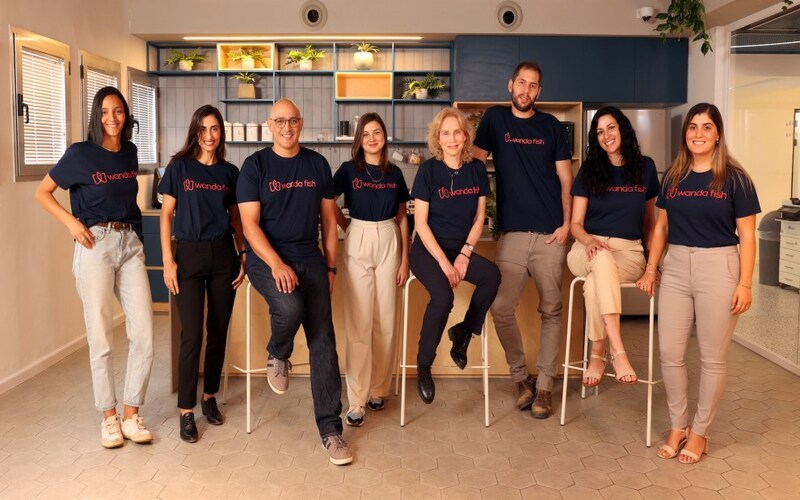An Israeli food technology business, Wanda Fish Technologies, has raised $7 million in seed money to hasten the initial production of bluefin tuna.
Using cultivated technology—also known as cell-cultured technology—animal proteins may be produced from cells without the animal being killed. The cells are cultivated in a bioreactor, frequently utilizing fermentation methods similar to those used to make beer.
According to Daphna Heffetz, co-founder and CEO of Wanda Fish, the firm hopes to produce whole-cut cultured fish filets, beginning with bluefin tuna miming wild-caught fish’s texture, flavor, and nutritional content.
We are one of the few businesses that produce bluefin, a highly sought-after and delicious fish, without any prior experience, according to Heffetz. But it’s also among the most polluted ones. Many businesses are attempting to achieve these things. Still, we will succeed because of our dynamic and the fact that we are highly skilled individuals approaching the issue from different angles.
The business collaborates with BlueNalu, which has funded over $80 million in bluefin tuna, especially the pricey toro cut. Amir Feder, the chief financial officer of BlueNalu, stated in 2022 that the company’s “projected 75% gross margin within the first year of production of our large-scale facility is unheard-of in the food industry.” Feder anticipated that the business’s first place of business would be open in 2027.
Heffetz and Strauss-Group’s food technology incubator, The Kitchen Hub, collaborated to launch Wanda Fish in 2021. Heffetz, who has a PhD in biochemistry, led PhytoTech Therapeutics and other biotechnology firms for 20 years before joining Wanda Fish. Malkiel Cohen, a specialist in stem cells and genetic engineering, and Yaron Sfadyah are present with her.
It collaborates with David Kaplan, a professor of biomedical engineering and an authority in cellular agriculture, and they have an exclusive license and supported research deal with Tufts University.
Although the business is still in its infancy, Heffetz said that it had made strides in developing a whole-cut prototype by creating a 3D filet structure using bluefin tuna cells that have undergone differentiation into both muscle and fat tissues. Wanda Fish’s innovative technique allows it to accurately regulate the amount of fat in its final goods, allowing it someday to produce different cuts, such as the toro cut.
Existing investors The Kitchen Hub, Peregrine Ventures, LLC, PICO Venture Partners, MOREVC, and CPT Capital, LLP also participated in the $7 million round, which Aqua-Spark headed. Wanda Fish has so far secured $10 million in venture capital investments.
With this additional funding, Wanda Fish can further the scalability of its farmed whole-cut filet of bluefin tuna prototype and improve its technology.
Commencing in 2025, Heffetz anticipates acquiring regulatory clearances from the U.S. Food and Drug Administration and other regulatory bodies and commencing to sell into restaurants in 2026.
We will now increase output while focusing on cost parity, according to Heffetz. “For distribution, we’ll work together with major food corporations. Our basic technology is being developed internally, but we must work together to reach the market as quickly as feasible.

